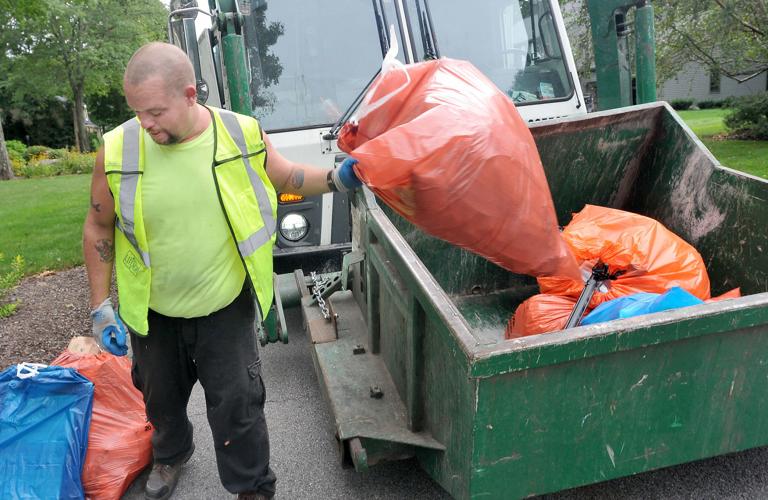Important Aspects to Consider in Waste Management Services
Waste management is a critical component of modern environmental stewardship and urban planning. Proper waste management helps maintain cleanliness and health and contributes to sustainable living by reducing the environmental footprint. Here are some important aspects to consider when evaluating or implementing waste management services:

Waste Segregation
Effective waste management starts with proper waste segregation. This involves categorizing waste into different types, such as recyclable, non-recyclable, organic, and hazardous. Implementing a clear segregation system at the source—homes, businesses, and institutions—can significantly improve the efficiency of waste processing and recycling. Proper segregation helps minimize contamination of recyclable materials and ensures that hazardous waste is handled with appropriate care.
Collection and Transportation
Waste collection and transportation are crucial elements of waste management services. An efficient collection system involves determining the optimal frequency and routes for waste pickup to prevent overflow and ensure timely removal. The use of specialized vehicles for different types of waste, such as those designed for organic or hazardous materials, can enhance the effectiveness of waste collection. Additionally, implementing technology such as GPS tracking can improve route optimization and reduce operational costs.
Recycling and Composting
Recycling and composting are essential practices in waste management that aim to reduce the volume of waste that ends up in landfills. Recycling involves processing materials like paper, glass, plastic, and metals into new products, thus conserving resources and reducing the need for raw materials. Conversely, composting involves the biological breakdown of organic waste into compost, which can be used as a natural fertilizer. Both practices contribute to environmental sustainability by lowering greenhouse gas emissions and conserving natural resources.
Waste-to-Energy Technologies
Waste-to-energy (WTE) technologies offer an innovative approach to managing waste by converting non-recyclable waste into usable energy. Incineration, pyrolysis, and gasification can produce electricity or heat from waste materials. WTE technologies can help reduce the volume of waste sent to landfills and provide an alternative energy source. However, it is essential to ensure these technologies are implemented with strict environmental controls to minimize emissions and other potential environmental impacts.
Hazardous Waste Management
Hazardous waste, including chemicals, batteries, and medical waste, requires special handling and disposal methods due to its potential harm to human health and the environment. Proper hazardous waste management involves identifying, segregating, and storing hazardous materials in secure containers and facilities. Safe disposal methods, such as treatment, recycling, or specialized landfills, must be followed to prevent contamination and ensure safety. Regulatory compliance and adherence to guidelines for hazardous waste management are crucial to mitigate risks.
Public Awareness and Education
Public awareness and education play a significant role in effective waste management. Educating the community about the importance of waste segregation, recycling, and proper disposal methods can lead to higher participation rates and better waste management outcomes. Awareness campaigns, workshops, and informational materials can help inform individuals about best practices and the benefits of responsible waste management.
Regulatory Compliance
Compliance with local, national, and international waste management regulations is essential for ensuring that waste management practices are conducted legally and ethically. Regulations often cover various aspects of waste management, including handling, transportation, and disposal. Adhering to these regulations helps prevent legal issues and promotes safe and environmentally friendly waste management practices.
Innovation and Technology
Advancements in technology offer new solutions and improvements in waste management. Innovations such as smart waste bins, tracking systems, and advanced sorting technologies can enhance efficiency and effectiveness. Investing in research and development for new waste management technologies can lead to more sustainable and cost-effective solutions.
Incorporating these important aspects into waste management services can lead to a more efficient, sustainable, and environmentally friendly approach to managing waste. By focusing on segregation, collection, recycling, hazardous waste management, public education, regulatory compliance, and technological innovation, communities can work towards reducing their environmental impact and promoting a healthier planet. Effective waste management is not just about disposal; it’s about creating a sustainable system that benefits current and future generations.